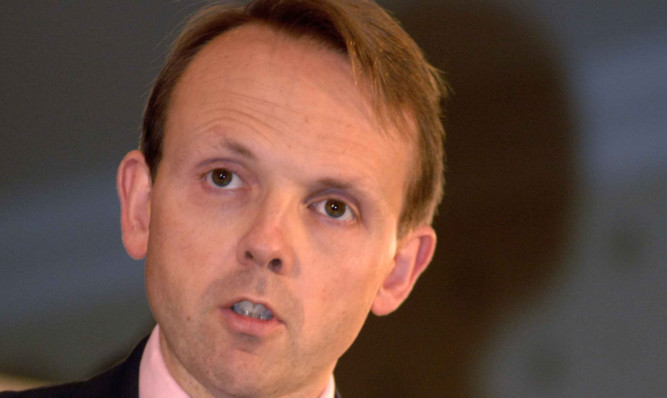Perth-based energy giant SSE has strongly rejected claims of collusion in the UK’s energy markets, insisting there was no evidence for the charge and no incentive to coordinate with others.
The major generator and supplier addressed four ‘theories’ which regulators had outlined as having the potential to harm customers as it published its response to a wide Competition and Markets Authority probe into the sector.
SSE said it was supportive of the ongoing investigation and hoped it would help dispel a number of myths about the energy markets, but reserved particular emphasis for its rejection of charges that the UK’s major gas and electricity producers and suppliers were working together.
“SSE is not involved in ‘coordination’ or ‘collusion’, tacit or otherwise, between energy companies,” the company said.
“Ofgem’s assertion of ‘tacit coordination’ in the GB energy market is neither valid nor well-evidenced.
“The GB energy market is not characterised by conditions conducive to tacit coordination: concentration levels are low; new market entrants are disruptive; products are differentiated by value-added services and broader product metrics; and cost structures differ from supplier to supplier, meaning that cost shocks would have a highly disruptive impact on any coordination.”
The group said its own January 2016 price-freeze unmatched by major rivals in the so-called Big Six suppliers showed there was no market coordination. It also highlighted the “strong sanctions” which would discourage any wrongdoing.
SSE also cited a European Commission report which showed that UK energy prices were among the EU’s lowest in 2012, while arguing that its own retail profit margins had averaged 3.7% over the last five years.
The UK is also Europe’s least-concentrated power market, it said.
Chief executive Alistair Phillips-Davies said SSE’s response confirmed an “appetite for reform” which would give customers confidence and encourage investors to put their money into the energy market.
“For example, we believe that reviewing and amending energy bill regulations so that customers’ bills are simpler or taking Government policy costs off those bills are two possible reforms that could benefit customers,” he said.
“Over the coming few months SSE will keep trying to ask the right questions and remains committed to trying to find the right answers for our customers in an open and transparent way.”
But it said Ofgem’s drive for the simplification of tariffs hit the energy firms’ abilities to use special offers to attract custom, warned that current regulatory requirements mean bills are lengthy and complex, and argued that the process of switching supplier remains lengthy.
The utility, which in May announced pre-tax profits of £575.3 million on turnover of £30.6 billion for the year to March, argued the “vertical integration” which allows it to generate, transmit and sell power to retail customers formed a “natural hedge” against price shocks in a volatile market, ultimately protecting customers without providing a barrier to new entrants.
But it also urged a similar investigation into the wholesale gas market, which has so far been resisted by Ofgem.
SSE said prices closely tracked the long-term trend in rising wholesale, regulatory, system and supply costs, but added that it was seeking to disentangle its companies to allow for separately auditable accounts.
It also repeated its wish for green levies and other Government policy to be funded by direct taxation rather than through bill add-ons, saying the step would simplify bills, and it said standardised national transmission charges would iron out the price variation currently created by differing regional rates.
